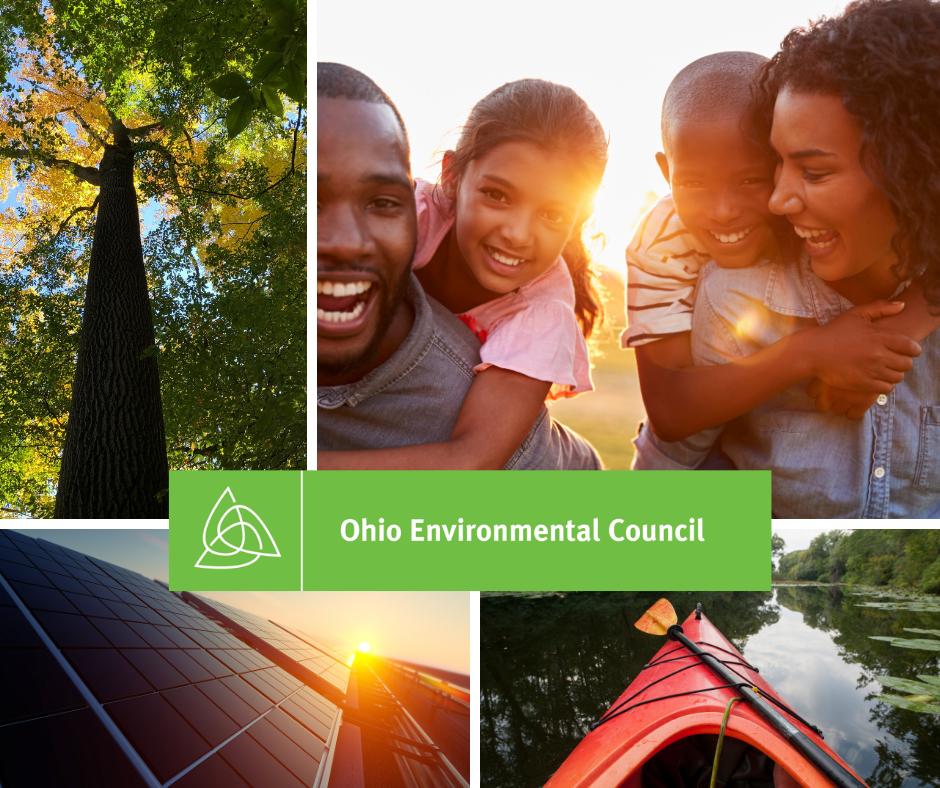Tagged In: Fracking, Governor DeWine, oil and gas, Public Lands, state lands, Unconstitutional, veto
Nathan Johnson, Director of Public Lands, December 16, 2022
The Honorable Richard Michael DeWine
Governor of Ohio
Riffe Center, 30th Floor
77 South High Street
Columbus, OH 34215-6117
Dear Governor DeWine:
Last week, our affiliated organization, the Ohio Environmental Council Action Fund, submitted a veto request letter regarding H.B. 507 on behalf of itself and dozens of other organizations. The Ohio Environmental Council (OEC) Law Center writes separately today to emphasize that H.B. 507 violates at least two provisions of Ohio’s Constitution: Sections 15(C) and 15(D) of Article II. Thus, the OEC respectfully requests that you veto H.B. 507.
On its face, H.B. 507 is contrary to the public interest because it seeks to eliminate important state authority and oversight over oil and gas leasing in Ohio’s state parks and public lands.
Moreover, H.B. 507 violates the one-subject rule of the Ohio Constitution: “No bill shall contain more than one subject, which shall be clearly expressed in its title.” Oh. Const. Art. II, § 15(D). The Ohio Supreme Court has made clear—if a bill includes a disunity of subject matter such that there is no “discernible, practical, rational or legitimate reason for combining the provisions in one Act,” it violates the Ohio Constitution. State ex rel. Ohio Academy of Trial Lawyers v. Sheward, 86 Ohio St.3d 451, 495 (1999). H.B. 507 is a textbook case—it combined multiple and completely unrelated subjects into one bill at the last second, without any legitimate reason for doing so.
As introduced on December 8, 2021, the bill’s purpose was to address the sale of poultry chicks. The House then expanded the bill to focus on food safety, and H.B. 507 was initially passed by the House in that form on April 6, 2022. Months later, during lame duck, what had been a food safety and poultry bill was reported out of Senate committee stuffed with wildly disparate additional subjects, including:
This stuffed version of H.B. 507 was passed by the Senate on December 7, 2022, the same day it was reported out of committee. On December 13, 2022, the House voted to concur with the Senate’s disparate amendments.
In addition to violating the Ohio Constitution’s one-subject rule, H.B. 507 violates the Ohio Constitution’s three-consideration clause because both chambers of the General Assembly did not consider the bill on three different days, as required by Oh. Const. Art. II, § 15(C). Amendments 134_4113-1 and 134_3853 vitally altered H.B. 507 so that it departed entirely from a consistent theme and common purpose. And, at the very least, the Ohio House did not consider the bill in a form free from vital alterations on three separate occasions as required by the Ohio Constitution. Hoover v. Franklin Cty. Bd. Of Commrs., 19 Ohio St. 3d 1, 5 (1985) (holding bill addressing criminal nonsupport vitally altered and in violation of three-consideration clause when amended to enact provisions relating to nonprofit hospital and healthcare facilities); Cf. Youngstown City Sch. Dist. Bd. of Educ. v. State, 161 Ohio St. 3d 24, 28 (2020) (holding bill was not vitally altered because it retained its common purpose of seeking to improve underperforming schools).
H.B. 507 runs counter to the public interest. It also violates Ohio’s Constitution. Because of your track record safeguarding Ohio’s public lands, because of the negative impacts that we believe H.B. 507 will have on Ohio, and because it is unconstitutional, we humbly ask that you veto this bill.
Sincerely,
The OEC Law Center
Nathan Johnson
Public Lands Director
Chris Tavenor
Associate General Counsel
Karin Nordstrom
Clean Energy Attorney
